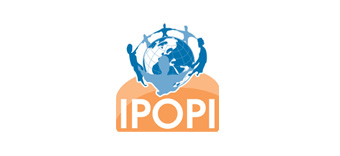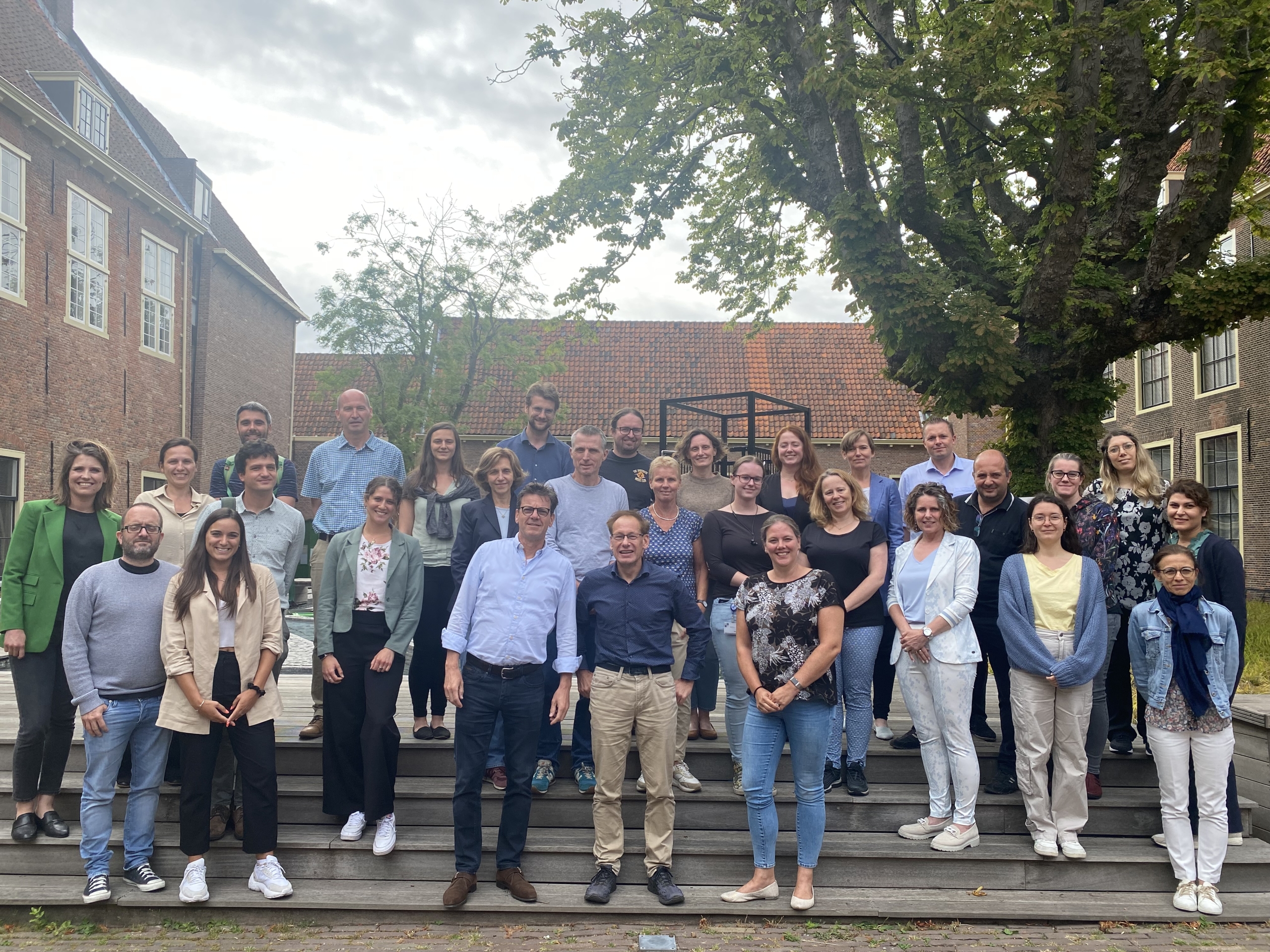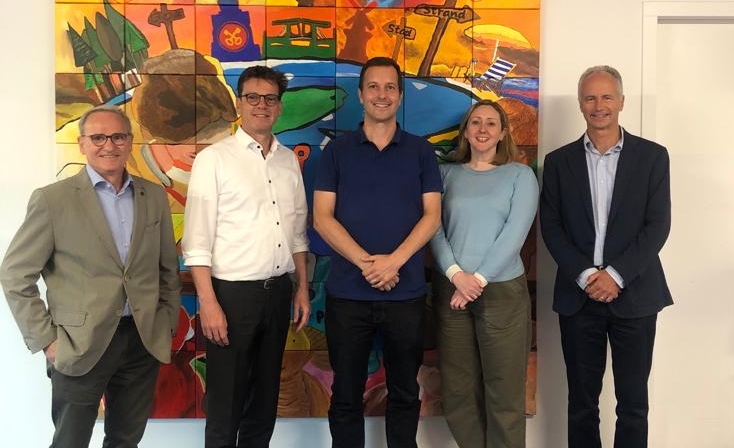July 18, 2023
IPOPI is actively involved in gene therapy research and in the efforts to enhance accessibility
We are excited to share the latest developments from the Recomb consortium, a research programme dedicated to advancing gene therapy treatment of RAG-1 SCID, for which IPOPI leads the work package on dissemination and exploitation of results.
Most importantly, the Recomb gene therapy trial has been extended by an additional 24 months thanks to the positive evaluation by the EU Horizon 2020 programme. The new official end date is set for December 31, 2024, allowing for continued advancements of this groundbreaking project.
Remarkable progress has been made over the past months, leading to an increased number of clinical sites and collaborations. Clinical sites in Barcelona, Spain, and Wroclaw, Poland, have all recently received ethical approval, thus enabling the enrolment of patients into this vital trial. Additionally, the London clinical site in the United Kingdom is awaiting imminent ethical approval.
In an effort to enhance recruitment and extend the trial’s geographical coverage, the Recomb consortium also engaged in new collaborations with external clinical sites. As such, the Kayseri Hospital in Turkey has obtained ethical approval. This will further expand the trial’s reach and highlights the growing significance of the Recomb project and its potential to transform the lives of individuals affected by RAG-1 SCID.
The consortium recently met at the annual Recomb meeting in Leiden, The Netherlands.
Access to Gene Therapies for Rare Diseases (AGORA)
We are excited to announce that Johan Prevot, Executive Director of IPOPI, is a board member of the recently established AGORA initiative (Access to Gene therapies fOr RAre diseases). AGORA’s mission is to facilitate access to effective gene therapies for patients with ultra-rare diseases in Europe. Specifically, AGORA aims to establish a sustainable framework that increases access to pre-marketing authorisation phase treatments for ultra-rare diseases, with a focus on curative, one-shot treatments for single-gene disorders. As gene therapy holds immense potential for PID treatment, we felt it was critical to represent the patient community in this consortium.
The AGORA initiative has been formally established as a foundation in Leiden, the Netherlands, and will be chaired by Professor Claire Booth, affiliated with UCL Great Ormond Street Institute of Child Health London (GOSH). The other esteemed board members, alongside Johan Prevot (IPOPI), include Arjan Lankester from Leiden University Medical Centre (LUMC); Fabio Candotti associated with Lausanne University Hospital and President of the European Society for Immunodeficiency (ESID), and Alessandro Aiuti, affiliated with San Raffaele Telethon Institute for Gene Therapy (SR-Tiget) and San Raffaele Scientific Institute Milan. Their combined expertise and experience will greatly contribute to AGORA’s goal of creating an independent, sustainable, not for profit entity which can support marketing authorisation, delivery, and access to therapies which are less commercially attractive and otherwise unavailable for patients in need.
TRANSFORM Alliance
Martine Pergent, President of IPOPI, has recently been elected as patient representative in the Board of the European Alliance for Transformative Therapies (TRANSFORM). This Alliance is a multi-stakeholder initiative representing patient groups, medical experts and associations, scientist and researchers and industry interested in the area of cell and gene therapies. TRANSFORM aims to foster dialogue between the initiative and European decision-makers so that evidence-based policy recommendations can be issued with the objective of enabling safe and timely patient access to cell and gene therapies, while ensuring the sustainability of healthcare systems. Martine, as member of the Board, recently intervened in a module on “How can we maximise the value of cell and gene therapies through early detection?”. In her talk, she made the connection of the importance of newborn screening for SCID to provide an early treatment to babies born with the disease, thus ensuring that the policy discussions remain patient centred.


